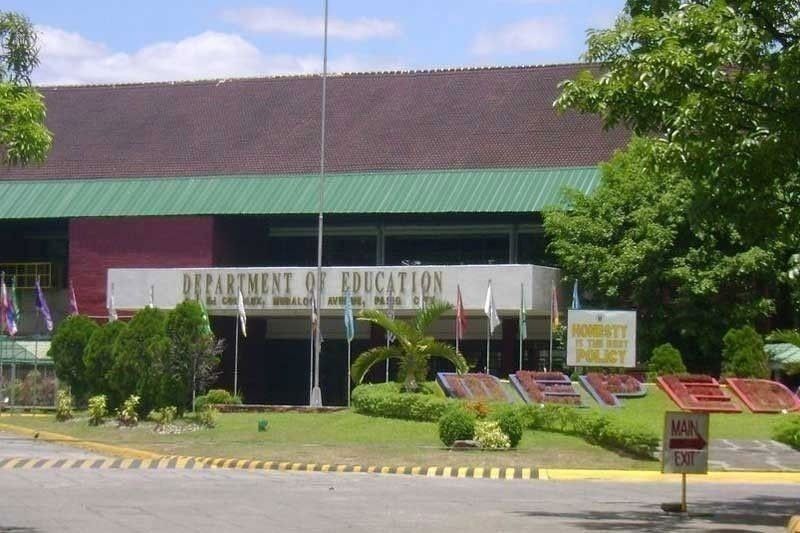
Upgrade to High-Speed Internet for only ₱1499/month!
Enjoy up to 100 Mbps fiber broadband, perfect for browsing, streaming, and gaming.
Visit Suniway.ph to learn
Aside from disinformation and propaganda, the Chinese also employ “illegal interference, coercion, aggression and deception,” including radio challenges, use of horns or sirens, dangerous maneuvers and shadowing of Philippine vessels, particularly around Ayungin Shoal.
STAR / Ryan Baldemor
MANILA, Philippines — China continues to resort to disinformation – aside from engaging in hostile acts – to promote its illegal claim in the West Philippine Sea, according to the National Maritime Council (NMC).
At a press conference yesterday, the NMC reported that 180 cases of “disinformation and propaganda” by Chinese state-owned and state-influenced media cascaded into its social media platforms from January to March this year.
Aside from disinformation and propaganda, the Chinese also employ “illegal interference, coercion, aggression and deception,” including radio challenges, use of horns or sirens, dangerous maneuvers and shadowing of Philippine vessels, particularly around Ayungin Shoal.
Asked if the suspected troll farm handled by a firm in Makati City and allegedly tapped by the Chinese embassy was behind the cases of disinformation, National Security Council assistant director general Jonathan Malaya said the National Bureau of Investigation (NBI) is verifying the information.
“Amid the evolving maritime security challenges, the Philippines stands firm in defending our sovereignty and promoting peace, stability and freedom of navigation in the West Philippine Sea,” NMC spokesman Alexander Lopez said.
Balikatan
Days of joint exercises with US troops have sharpened the Philippine Army’s fighting capability as well as its interoperability with allied forces, according to Army spokesman Col. Louie Dema-ala.
“Participating Philippine Army units significantly enhanced their joint and combined operations (capabilities), particularly in maritime security, amphibious operations, air and missile defense and cyber defense,” Dema-ala said in his assessment of the outcome of the recent Balikatan exercises from April 21 to May 9.
Balikatan 2025 involved some 14,000 participants from the Philippines and the United States, with at least 20 other nations – including Japan and Australia – sending active participants or observers.
“The exercise strengthened our command and control systems through integrated operations in live, virtual and constructive environments,” he said.
Dema-ala added that the Balikatan exercises have exposed the Philippine military to emerging defense technologies and best practices.
Buoyed by what they considered success of the 40th iteration of Balikatan, the Armed Forces of the Philippines and the US military earlier declared they were looking forward to an even bigger event next year.
“Over the recent weeks, we have witnessed exemplary demonstrations of joint capabilities ranging from live-fire operations and cyber defense to maritime security activities and humanitarian assistance efforts,” AFP chief Gen. Romeo Brawner Jr. said.

 3 weeks ago
9
3 weeks ago
9



